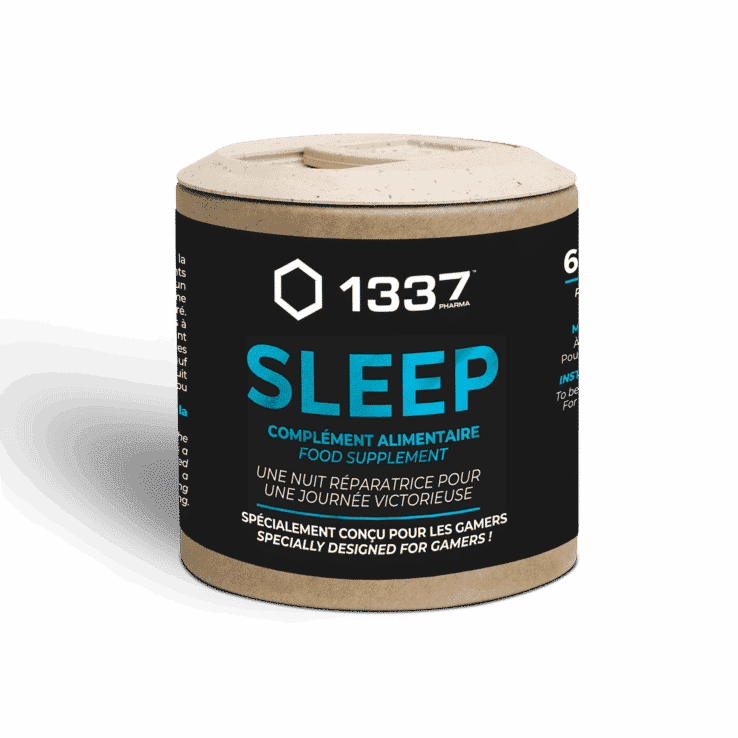tryptophan
Ingredient
What is tryptophan?
Where does it come from?
Why is it used?
What are the benefits?
Bibliography
What is tryptophan?
Tryptophan is an essential amino acid that performs several important functions, such as nitrogen balance in adults and growth in infants. It is also used to produce niacin, which is essential for the creation of the neurotransmitter serotonin.
There are two types of tryptophan: L-tryptophan and D-tryptophan. The only difference between the two types is the orientation of the molecule.
Where does it come from?
Tryptophan can be found in certain foods, especially those that are high in protein. Foods known to be high in tryptophan include:
• The chicken
• Eggs
• Cheese
• Fish
• Peanuts
• Pumpkin and sesame seeds
• Milk
• Turkey
• Tofu and soy
In order for tryptophan to be converted into niacin, however, your body must have enough iron, vitamin B6 and vitamin B2.
Why is it used?
The tryptophan found naturally in foods has a number of health benefits. Most of these health benefits come from a potential increase in nicotinic acid, and therefore serotonin. The benefits of an increase in serotonin are:
• Healthier and better quality sleep
• Relief from depression and anxiety
• Increased emotional well-being
• Better pain tolerance
Research has shown that low levels of tryptophan can contribute to mood disorders, including depression and anxiety. (Clare & Bond, 1995; Schruers et al., 2000; Steenbergen et al., 2016)
Tryptophan is important for cognitive processes through its role in the production of serotonin. Low levels of this amino acid can impair your cognition, including your memory of events or experiences. (Mendelsohn et al., 2009; Riedel et al., 1999)
The importance of tryptophan is probably due to its role in the production of serotonin. Serotonin is essential for proper brain function, and low tryptophan levels reduce the amount of serotonin in the body.
When serotonin is made from tryptophan in the body, it is converted into another important molecule, melatonin.
In fact, research has shown that increasing tryptophan in the blood directly increases serotonin and melatonin (Hajak et al., 1991)
In addition to being found naturally in the body, melatonin is a popular supplement and is found in several foods, including tomatoes, strawberries, and grapes (Iriti et al., 2010)
Melatonin influences the body’s sleep-wake cycle. This cycle impacts many other functions, including nutrient metabolism and your immune system (Claustrat & Leston, 2015)
Several studies have shown that increasing tryptophan in the diet can improve sleep by increasing melatonin (Bravo et al., 2013; Fukushige et al., 2014)
One study found that eating tryptophan-enriched cereals for breakfast and dinner helped adults fall asleep faster and sleep longer, compared to those who ate standard cereals (Bravo et al., 2013 )
Symptoms of anxiety and depression were also reduced, and it’s likely that tryptophan helped increase serotonin and melatonin.
Other studies have also shown that taking melatonin in supplement form can improve sleep quantity and quality (Lemoine et al., 2007; Luthringer et al., 2009)

What are the benefits?
They participate in the construction of the organism (growth, development of the skeleton, etc.), in the functioning and maintenance of the body (transformation and use of macro-nutrients, vision, blood coagulation, muscular, nervous, immune systems, production of DNA…).
Bibliography
- Bravo, R., Matito, S., Cubero, J., Paredes, SD, Franco, L., Rivero, M., Rodríguez, AB, & Barriga, C. (2013). Tryptophan-enriched cereal intake improves nocturnal sleep, melatonin, serotonin, and total antioxidant capacity levels and mood in elderly humans . Age (Dordrecht, Netherlands), 35(4), 1277‐1285. https://doi.org/10.1007/s11357-012-9419-5
2. Claustrat, B., & Leston, J. (2015). Melatonin: Physiological effects in humans. Neuro-Surgery, 61(2-3), 77-84. https://doi.org/10.1016/j.neuchi.2015.03.002
3. Cleare, AJ, & Bond, AJ (1995). The effect of tryptophan depletion and enhancement on subjective and behavioral aggression in normal male subjects. Psychopharmacology, 118(1), 72-81. https://doi.org/10.1007/BF02245252
4. Fukushige, H., Fukuda, Y., Tanaka, M., Inami, K., Wada, K., Tsumura, Y., Kondo, M., Harada, T., Wakamura, T., & Morita, T. (2014). Effects of tryptophan-rich breakfast and light exposure during the daytime on melatonin secretion at night. Journal of Physiological Anthropology, 33, 33. https://doi.org/10.1186/1880-6805-33-33
5. Hajak, G., Huether, G., Blanke, J., Blömer, M., Freyer, C., Poeggeler, B., Reimer, A., Rodenbeck, A., Schulz-Varszegi, M., & Ruther, E. (1991). The influence of intravenous L-tryptophan on plasma melatonin and sleep in men. Pharmacopsychiatry, 24(1), 17-20. https://doi.org/10.1055/s-2007-1014427
6. Iriti, M., Varoni, EM, & Vitalini, S. (2010). Melatonin in traditional Mediterranean diets. Journal of Pineal Research, 49(2), 101-105. https://doi.org/10.1111/j.1600-079X.2010.00777.x
7. Lemoine, P., Nir, T., Laudon, M., & Zisapel, N. (2007). Prolonged-release melatonin improves sleep quality and morning alertness in insomnia patients aged 55 years and older and has no withdrawal effects. Journal of Sleep Research, 16(4), 372-380. https://doi.org/10.1111/j.1365-2869.2007.00613.x
8. Luthringer, R., Muzet, M., Zisapel, N., & Staner, L. (2009). The effect of prolonged-release melatonin on sleep measures and psychomotor performance in elderly patients with insomnia. International Clinical Psychopharmacology, 24(5), 239-249. https://doi.org/10.1097/YIC.0b013e32832e9b08
9. Mendelsohn, D., Riedel, WJ, & Sambeth, A. (2009). Effects of acute tryptophan depletion on memory, attention and executive functions: A systematic review. Neuroscience and Biobehavioral Reviews, 33(6), 926-952. https://doi.org/10.1016/j.neubiorev.2009.03.006
10. Riedel, WJ, Klaassen, T., Deutz, NE, van Someren, A., & van Praag, HM (1999). Tryptophan depletion in normal volunteers produces selective impairment in memory consolidation. Psychopharmacology, 141(4), 362-369. https://doi.org/10.1007/s002130050845
11. Schruers, K., Klaassen, T., Pols, H., Overbeek, T., Deutz, NE, & Griez, E. (2000). Effects of tryptophan depletion on carbon dioxide provoked panic in panic disorder patients. Psychiatry Research, 93(3), 179-187. https://doi.org/10.1016/s0165-1781(00)00117-7
12. Steenbergen, L., Jongkees, BJ, Sellaro, R., & Colzato, LS (2016). Tryptophan supplementation modulates social behavior: A review. Neuroscience and Biobehavioral Reviews, 64, 346-358. https://doi.org/10.1016/j.neubiorev.2016.02.022

